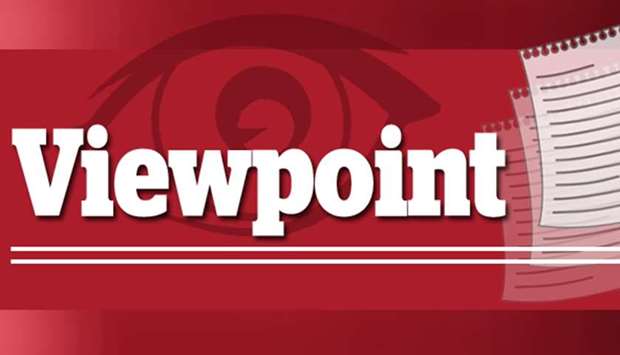President Joe Biden has embarked on his first foreign trip, leaving behind an uncertain domestic agenda with many of his most ambitious pledges on the US economy, civil rights and climate change facing massive challenges.
Hope for a bipartisan infrastructure bill faded this week after a group of Republican lawmakers offered the Democratic president a third of the investment he has sought.
An ambitious elections and voting rights bill is on life support after a pivotal Democratic senator shunned it. Democratic legislation on policing reform, gun control and immigration has stalled. Global minimum tax? International allies say yes to Biden, but Republicans at home say no.
While his party controls the White House and both chambers of Congress – allowing him to narrowly win congressional approval in March of a major pandemic-related relief bill – Biden has found other goals elusive. A difficult barrier is the log jam in the Senate, whose rules make it hard to advance legislation without Republican support.
“In a 50-50 Senate, it was never gonna be easy. The place we are now was predicted and predictable,” said Matt Bennett, a vice president with Third Way, a centrist think.
Most legislation requires 60 votes to move forward in the 100-seat Senate.
Biden came into office in January promising to harness the power of bipartisanship for grand action to tackle Covid-19, fortify the American economy and fight racial injustice.
The early months of his presidency, following a turbulent four years under former President Donald Trump, demonstrate that bringing Republicans and Democrats together – or even Democrats and Democrats – in a US capital riven with partisanship is no simple task.
Biden has made significant progress on the pandemic. His administration has helped facilitate vaccinations, with more than 60% of Americans age 12 and above receiving at least one dose https://covid.cdc.gov/covid-data-tracker/#vaccinations and 50% fully vaccinated, even as other nations struggle.
The US economy – battered like so many other nations by the pandemic – has rebounded under Biden more quickly than previously expected, growing 6.4% in the first quarter of the year on the back of his $1.8 trillion stimulus package, which was passed in Congress without Republican support.
This summer will test whether Biden and his Democratic allies in Congress can pass some of the rest of his agenda – proposals that polls show are embraced by many Americans but are rejected by most Republican lawmakers.
“If Democrats can’t come out of this year without saying they solved the problems they were elected to solve, that will be trouble,” said a Democratic strategist who co-ordinates with the White House, speaking on condition of anonymity.
The path to do so through Congress is not clear, the strategist added.
White House officials are exploring multiple options on passing a major jobs and infrastructure package after Biden on Tuesday ended negotiations with a group of Republicans led by Senator Shelley Moore Capito. Biden’s proposal includes spending on infrastructure projects like roads and bridges as well as on climate change and social programs.
One option is a two-track approach that would include a smaller but bipartisan bill and then a larger spending plan advanced by Democrats without Republican support using an avenue that requires a simple majority vote in the Senate for certain types of legislation.
Democrats on key House of Representatives committees are moving budget bills that could serve as the foundation for the larger spending legislation. Separately, a bipartisan group of 10 senators that includes Republicans Mitt Romney and Rob Portman and Democrats Joe Manchin and Kyrsten Sinema is trying to craft infrastructure legislation both parties could embrace.
Democrats control the evenly split Senate only because Vice President Kamala Harris can cast a tie-breaking vote. – Reuters

viewpoint
